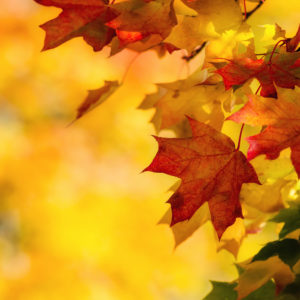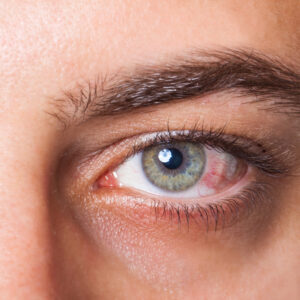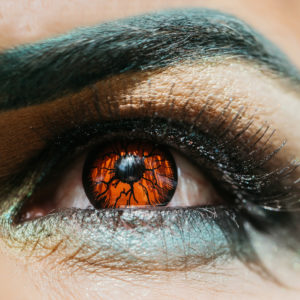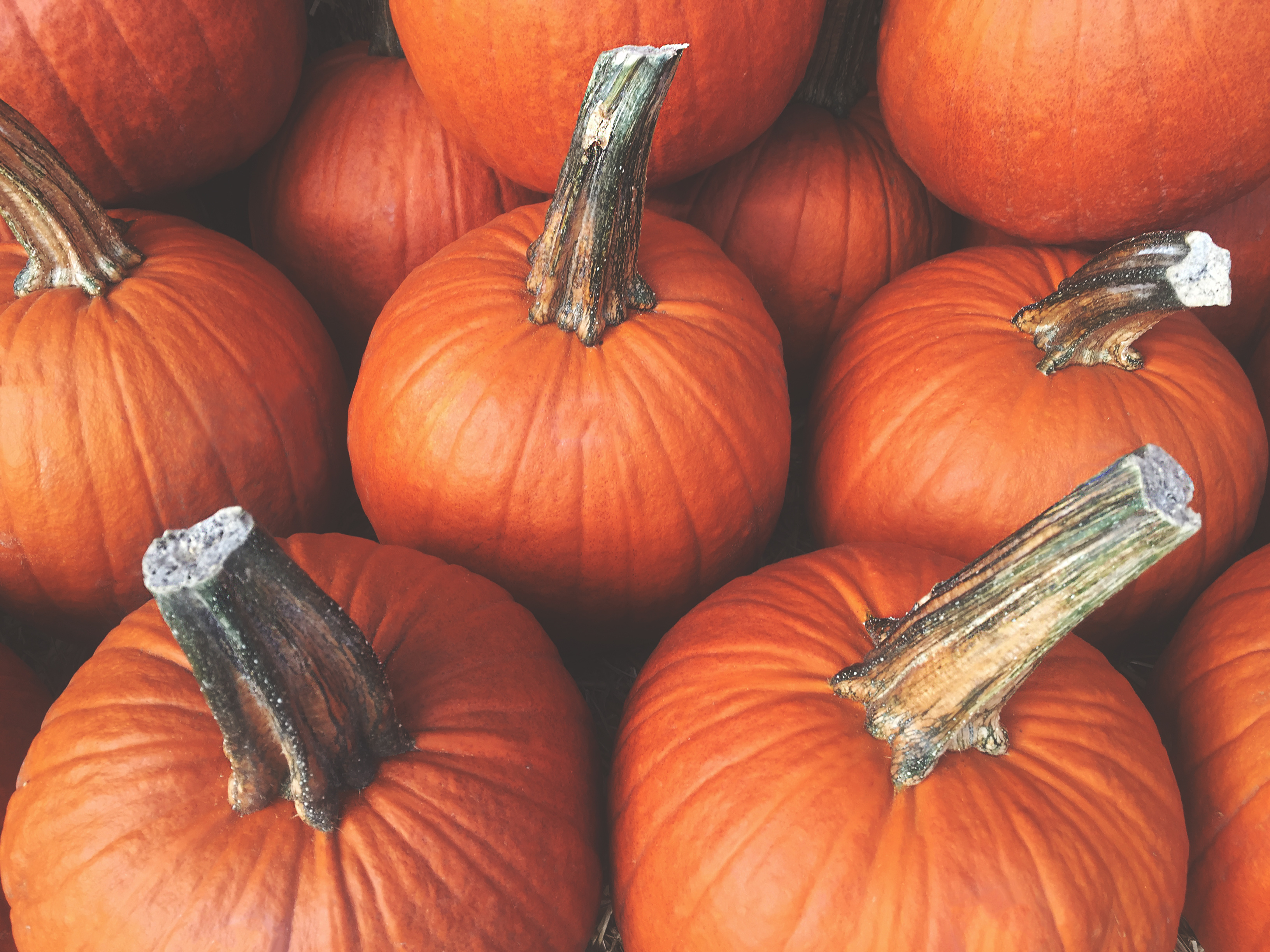Fall Eye Health and Safety
The fall season is officially upon us, and, as optometrists and optometry students, there are a few concerns for your patients’ eyes during this season of pumpkins and leaves. Here are a few ways you can help your patients this season.
- Allergies

During the fall, there are different allergens in the air such as ragweed, hay, mold, pollen from the falling leaves, and even dust from the first time your heater has been fired up for the fall and winter season. All of these can cause an additional stress to patients and can activate an allergic reaction.
What to do about it: During your case history be sure to ask about seasonal allergies and symptoms like watery/itching/redness/burning eyes. If your patients have any allergic complaints you should be evaluating their eyes for the classic signs of allergic conjunctivitis; injection, chemosis, and papillae; don’t forget to flip those lids and stain the cornea so you don’t miss any VKC.
- Dry Eye Syndrome

“It’s not the heat, it’s the humidity.” In many parts of the world, summer is known for its hot, sticky weather. According to the National Weather Service at NOAA, “Warm air can possess more water vapor (moisture) than cold air.” When the seasons change and the warm weather gives way to cooler temperatures, the moisture content in the air decreases. This can lead to exacerbation of dry eye signs and symptoms.
What to do about it: Ask your patients if their eyes are feeling like there is something in them, of they water all the time, or if they burn or feel tired. Use a fluorescein strip to check for any SPK, and treat appropriately using artificial tears, warm compresses, medications, or punctal plugs.
- Contact Lenses

‘Tis the season for spooky Halloween contact lenses, whether that be altering the color of the the iris, changing pupil shape, or black/white out contact lenses; custom contact lenses are on the rise, and our patients need to be educated on the potential hazards of contact lenses, because improperly fitting contact lenses are scarier than achieving those realistic cat eyes for six hours. A 2017 study published in “Eye & Contact Lens: Science and Clinical Practice” found that, out of 18 online costume contact lens retailers, “72% of sellers failed to adhere to FTC and FDA regulations.”
What to do about it: Educate your patients on the worst-case scenario and direct them to your office to fit and evaluate the lenses, along with educating on proper care and wear. Take a good look at those lenses on the slit lamp examination. Movement of the lenses, whether excessive or not at all, can have an impact on the oxygen getting to the eye. Be sure to check for any signs of neovascularization, and review the treatments for contact lens related acute red eye (CLARE).

- Campfire Smoke
Fall fires are an essential part of the season, the smell of burning wood and leaves, roasting marshmallows, are things dreams are made of, but the fine particulate matter of the smoke from the fire can stay in your clothes and irritate your eyes.
What to do about it: Patient education and knowledge can go a long way here. Tell your patients to stay out of the direct path of the smoke, and to change out of and wash the clothes they were wearing when they were at the fire, as well as adding lubricating drops to help relieve those eyes.
- Fall Foods

Believe it or not, there is more to fall than PSL, hayrides, corn mazes, trick-or-treating, and pumpkin carving. Beyond a jack-o-lantern, pumpkins have Vitamins A and C,
fiber, and other antioxidants that are great for your eyes. Gotta have good night vision for all those nighttime corn mazes, hayrides, and trick-or-treating! Fall fruits and vegetables, like winter squashes, apples, leafy greens, and broccoli are chock full of vitamins and minerals that can help your eyes and your whole body.
What to do about it: It’s no secret–people love food. You can easily find a few fall recipes full of eye-healthy ingredients and post them in your office’s waiting room to spread the fall season!
Whatever your hocus pocus focus is this fall, use these quick tips to help patients keep their eyes feeling great this season!
